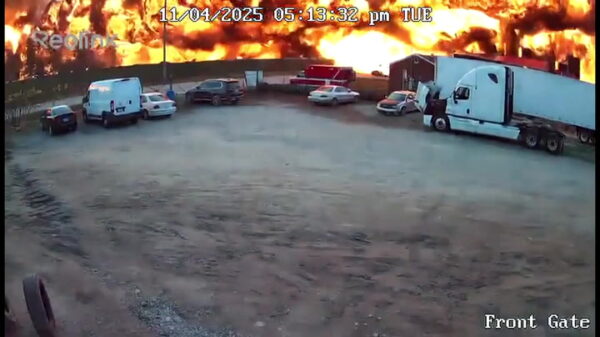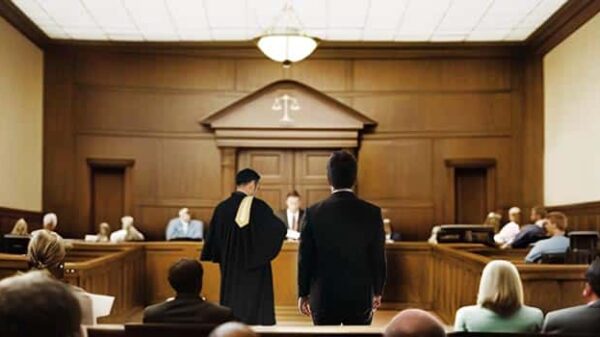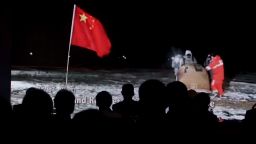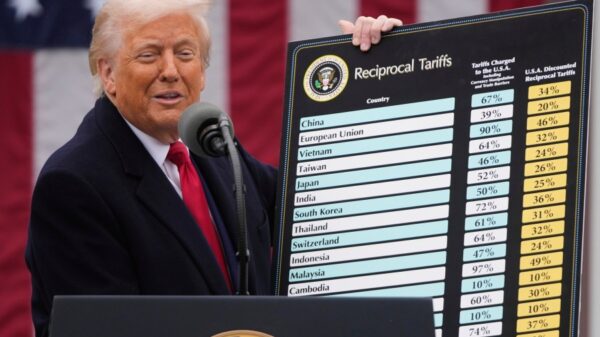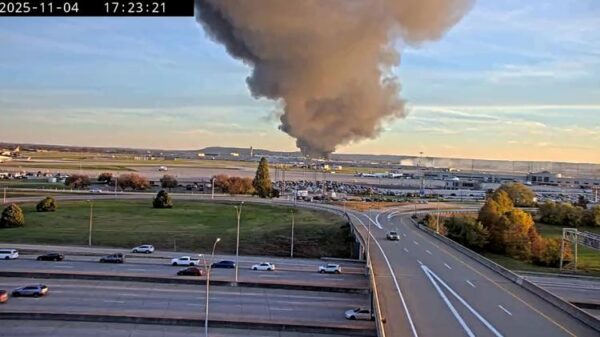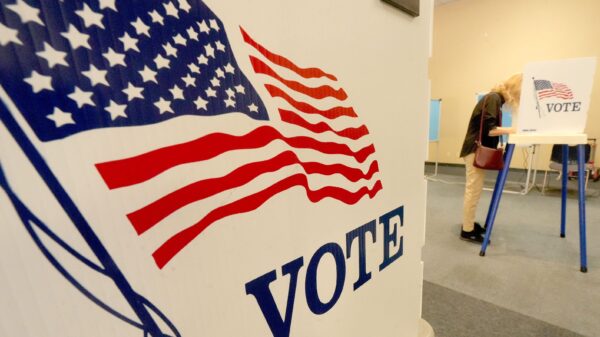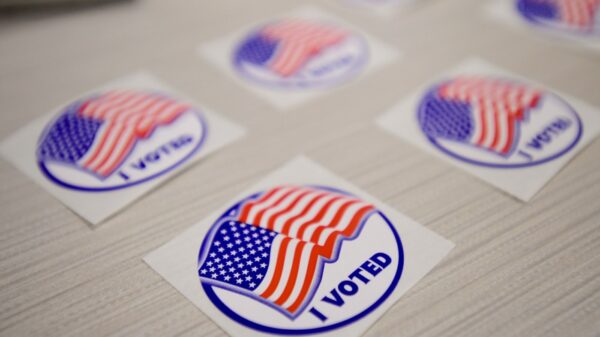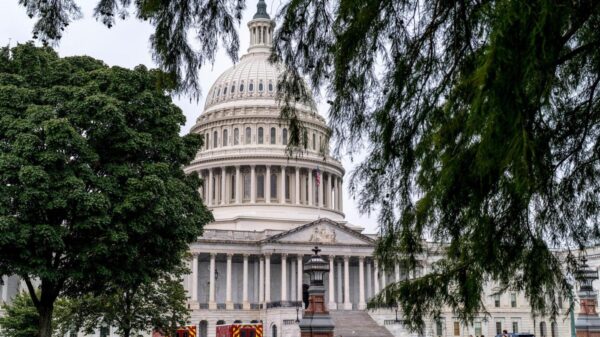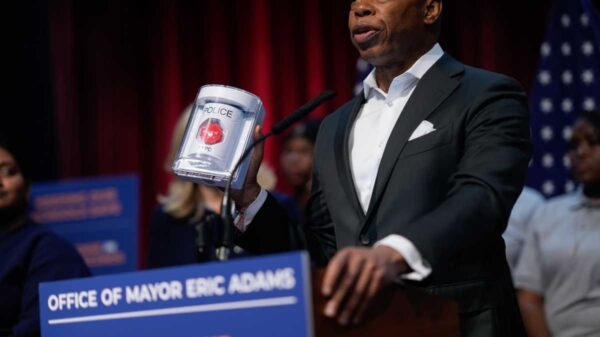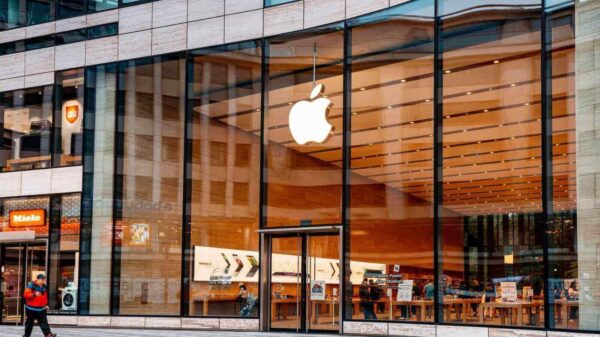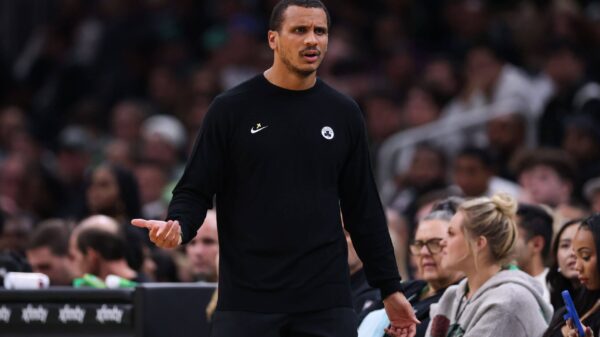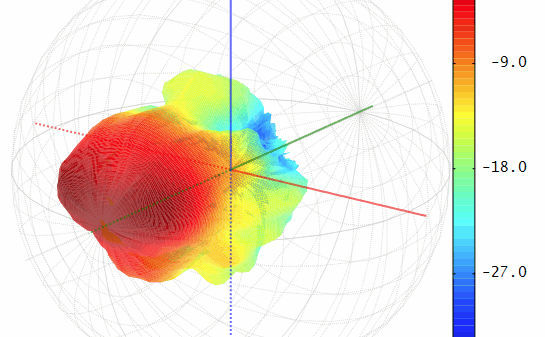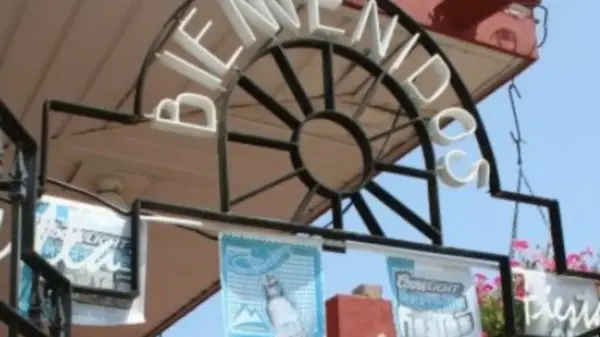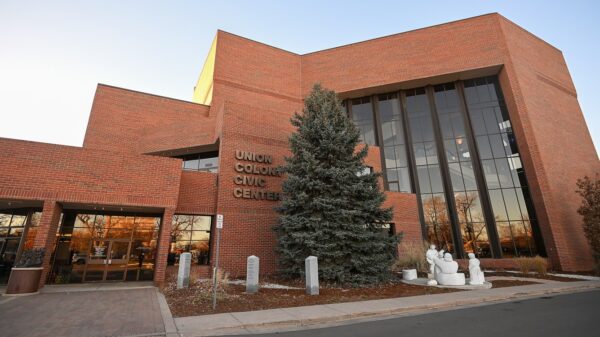A crew of three Chinese astronauts has had their return to Earth postponed due to concerns that their spacecraft may have been damaged by space debris. The astronauts, identified as Chen Dong, Chen Zhongrui, and Wang Jie, were scheduled to return on Wednesday, following a six-month mission aboard the Shenzhou-20 spacecraft. The China National Space Administration (CNSA) announced that the return was delayed to ensure the safety of the crew as they assess the potential impact on their vehicle.
The astronauts had already completed a ceremonial handover of the keys to the Tiangong space station to a new crew, who arrived aboard the recently launched Shenzhou-21. This new spacecraft successfully transported the next group of astronauts to the Chinese space station, with Wu Fei, 32, being highlighted by local media as the youngest astronaut to reach space from China.
As the CNSA conducts impact analysis and risk assessment, it has not provided specific details regarding any damage to the Shenzhou-20 or an estimated timeline for the astronauts’ return. “The postponement is to ensure the astronauts’ safety and health,” stated the agency.
China’s Expanding Space Program
The news of the delay comes shortly after China celebrated significant advancements in its space program. Recent achievements include breaking the record for the longest spacewalk by a Chinese astronaut, which lasted nine hours. Furthermore, the CNSA has announced plans to open the doors of the Tiangong space station to international astronauts, with an agreement to host an astronaut from Pakistan next year.
These developments have sparked concerns in Washington, particularly as the United States aims to return astronauts to the moon. The competitive nature of space exploration has intensified, especially following restrictions placed on Chinese citizens with U.S. visas from participating in programs organized by NASA.
This isn’t the first time astronauts have faced extended stays in space. Last year, U.S. astronauts Suni Williams and Butch Wilmore experienced a similar situation when their return was delayed for over nine months due to a malfunction in the Boeing Starliner spacecraft, which ultimately led to their return in a SpaceX Crew Dragon capsule.
As the CNSA continues its assessment, the world watches closely, not only for the astronauts’ safe return but also for the broader implications of China’s rapidly advancing space capabilities. The outcome of this situation will likely influence international collaboration and competition in space exploration for years to come.


